I wish more vendors/brands were willing to say “no” to retail buyers because the deal didn’t benefit them.
For the ones who did say no to me and stated their reasons, I respected and admired it. One reason I would hear would be because the brand was afraid of deteriorating their brand and angering their more premium retailers. Obviously I’d try to work with them to come up with a solution that would preserve their brand equity and my plans for them in my assortment, but if we couldn’t reach a win-win agreement, I understood the reasons why and never faulted them for it.
I WISH more small vendors said “no” to me. Here are some occasions when vendors SHOULD have said no, but didn’t.
1) Vendors who were in no financial position to be doing business with a major retailer. For example, those who agreed to sell to Target but had to stretch themselves to fund production. Or those who could not handle the cash hold we placed on new vendors. Yes, retailers hold back some of your invoice payment (amount varies, but it can be as low as $5,000 or as high as in the tens of thousands) to cover chargebacks or other fees.
2) Vendors who would have to take a substantial hit on their margins and/or lower their wholesale costs much lower than they had planned. Desperation does strange things to people, include making concessions that would hurt their profitability and long-term sustainability. Stick with the margins you budgeted for yourself at the onset of your business. Rarely does it make sense to lower your wholesale costs too much. Because that margin will already be eroded by the unexpected costs of doing business with that retailer. So to start off with a deflated margin only hurts you long term.
3) Vendors who have an untested supply chain and/or little manufacturing experience at high volumes. Many vendors said “yes” to me and hoped for the best when production time rolled around. Hope is not a strategy. I’ve seen many vendors flop because they couldn’t get inventory to DCs in time because they failed to foresee certain hiccups, resulting in penalty fees for late delivery. Or other vendors would learn that their factories couldn’t produce consistent quality product at high volume levels and when those vendors failed quality testing, I’d kick them out of the assortment, leaving them with unsalable inventory. Nothing incurs more wrath from a buyer than poor execution.
So don’t be afraid to say no to retail buyers. It is not closing a door, but rather, a step towards building a long term relationship.
They’ll respect your sound business judgment and think more favorably of you as a future business partner. Credibility is in short supply in the vendor community. Saying “no” can build more credibility than you realize.
Update: December 2021 - Another time to say “no” to retail distribution is if you have not built enough traction on DTC first. By DTC, I mean your own e-commerce store (i.e., Shopify) and not a 3rd party e-commerce site or marketplace. DTC is a great way to establish proof of concept, as well as to collect performance metrics to give you confidence that your brand and products will sell well in the larger stage of retail. De-risk your brand and product line first on DTC before moving into retail.



